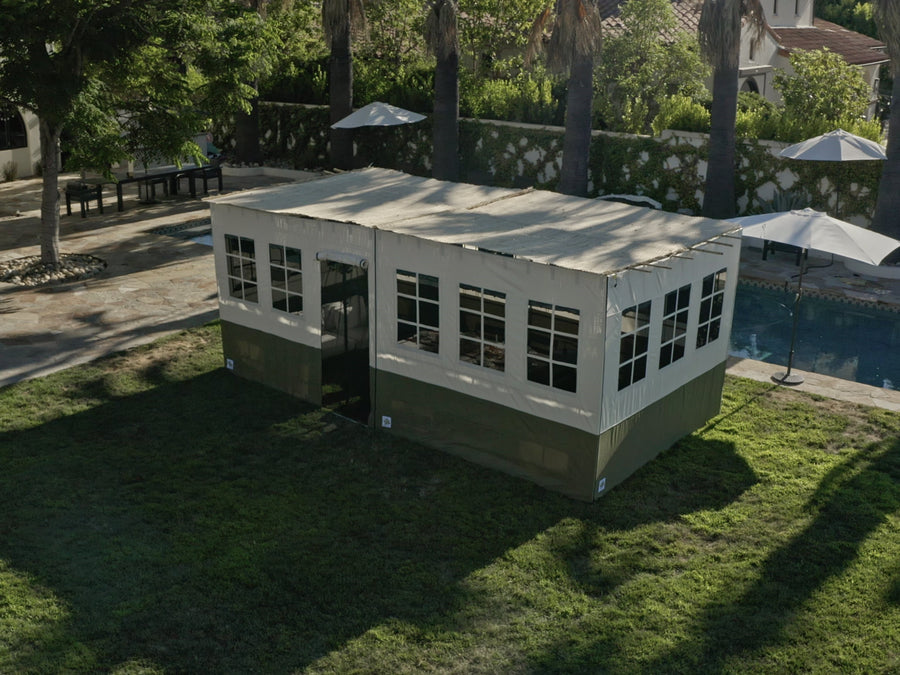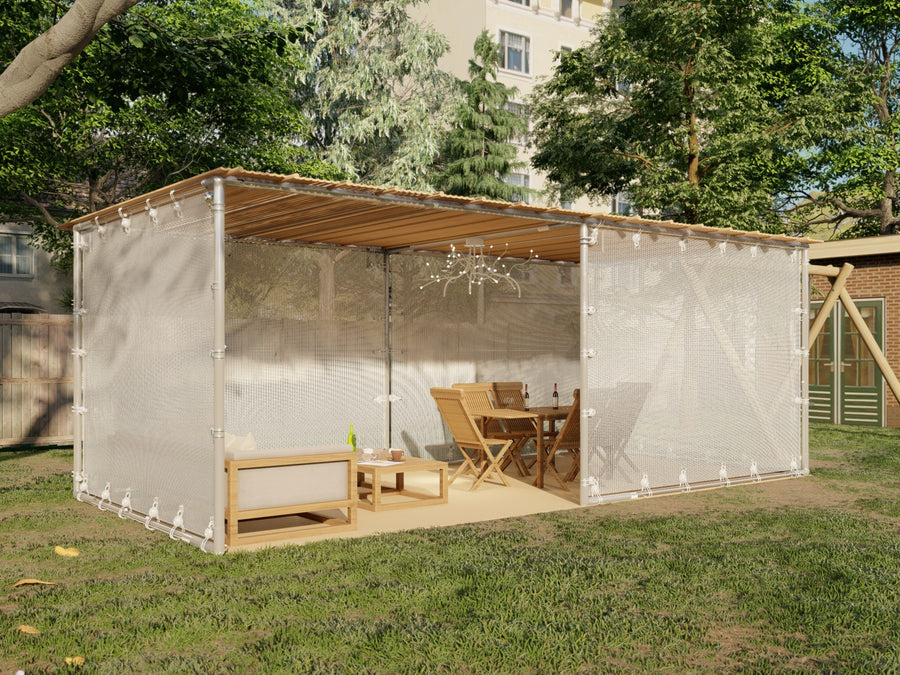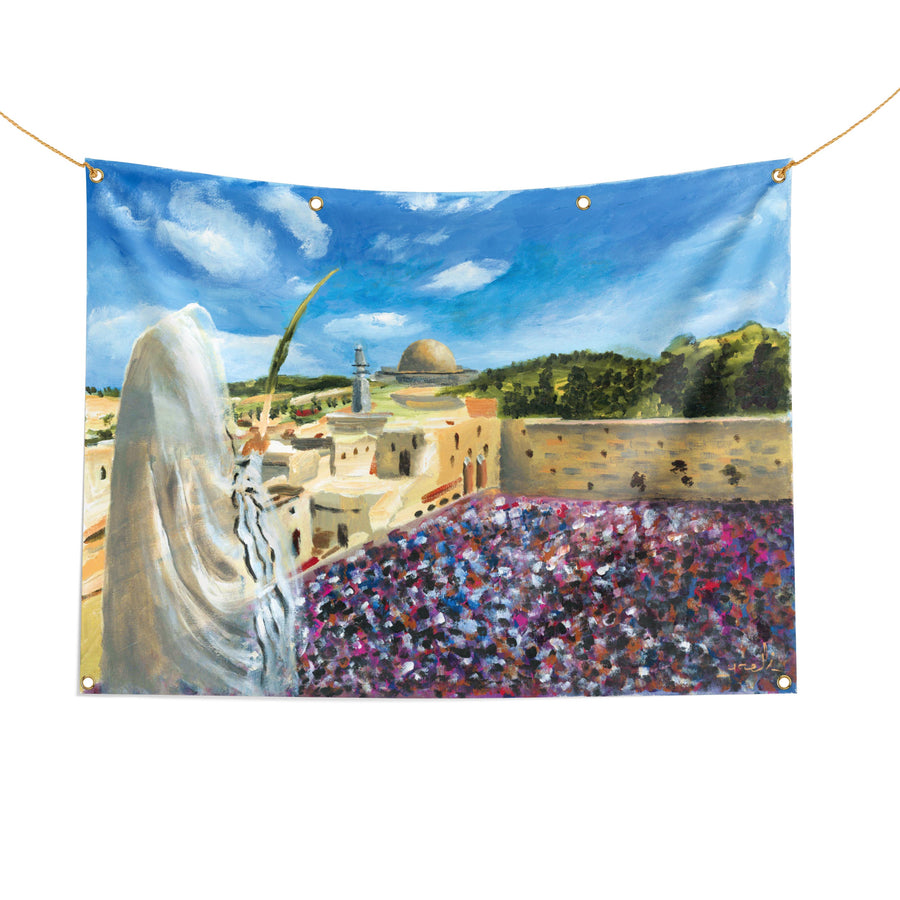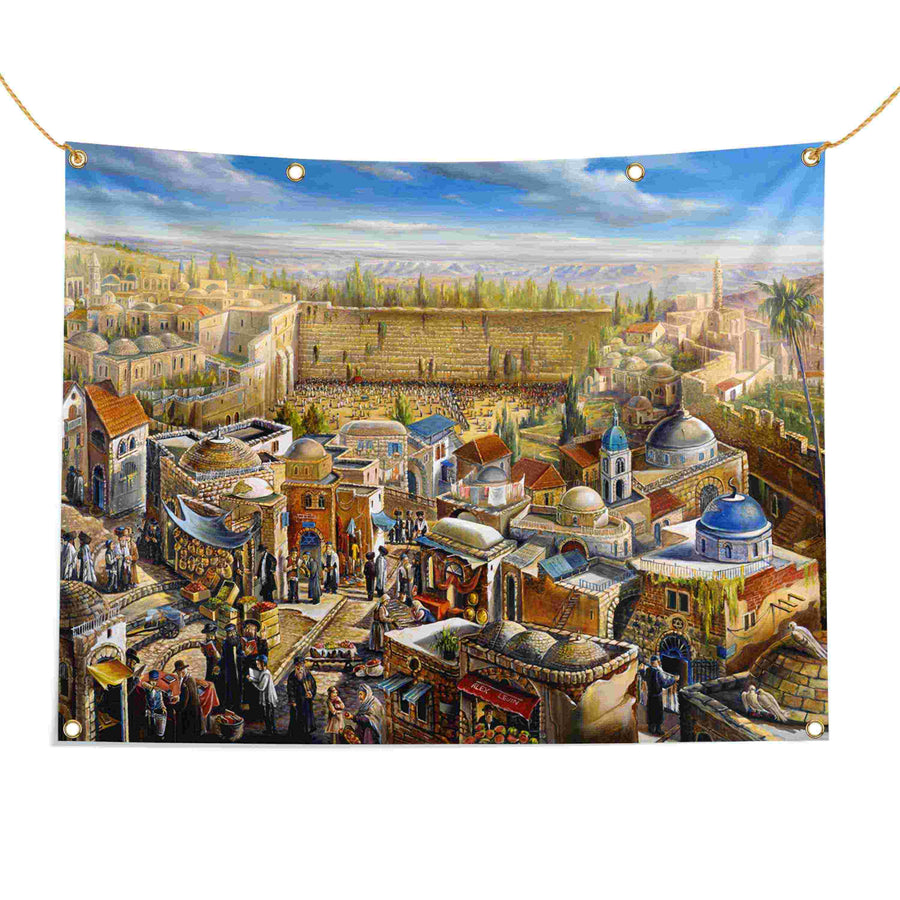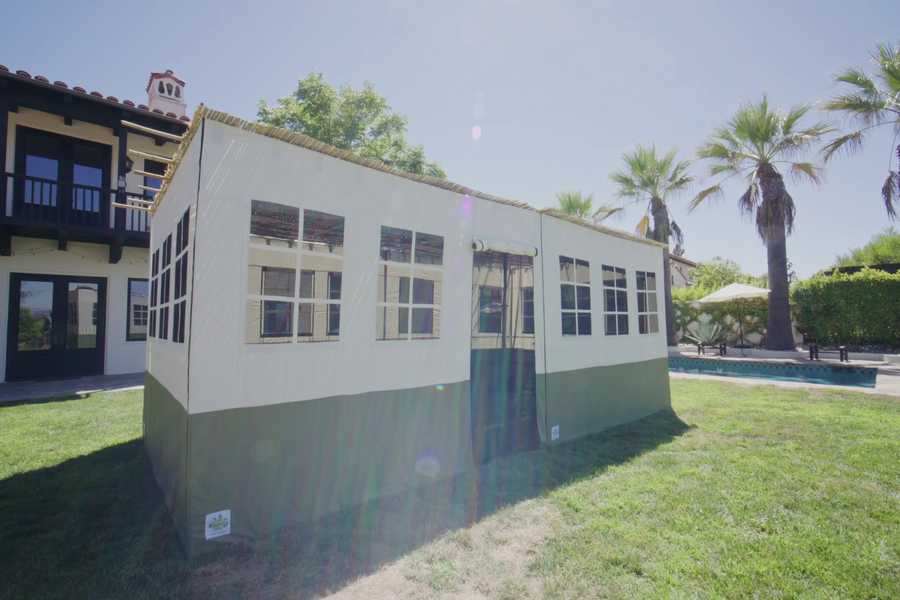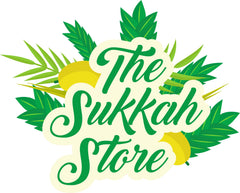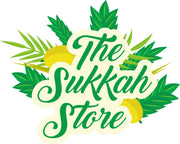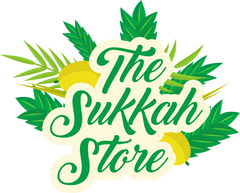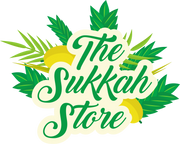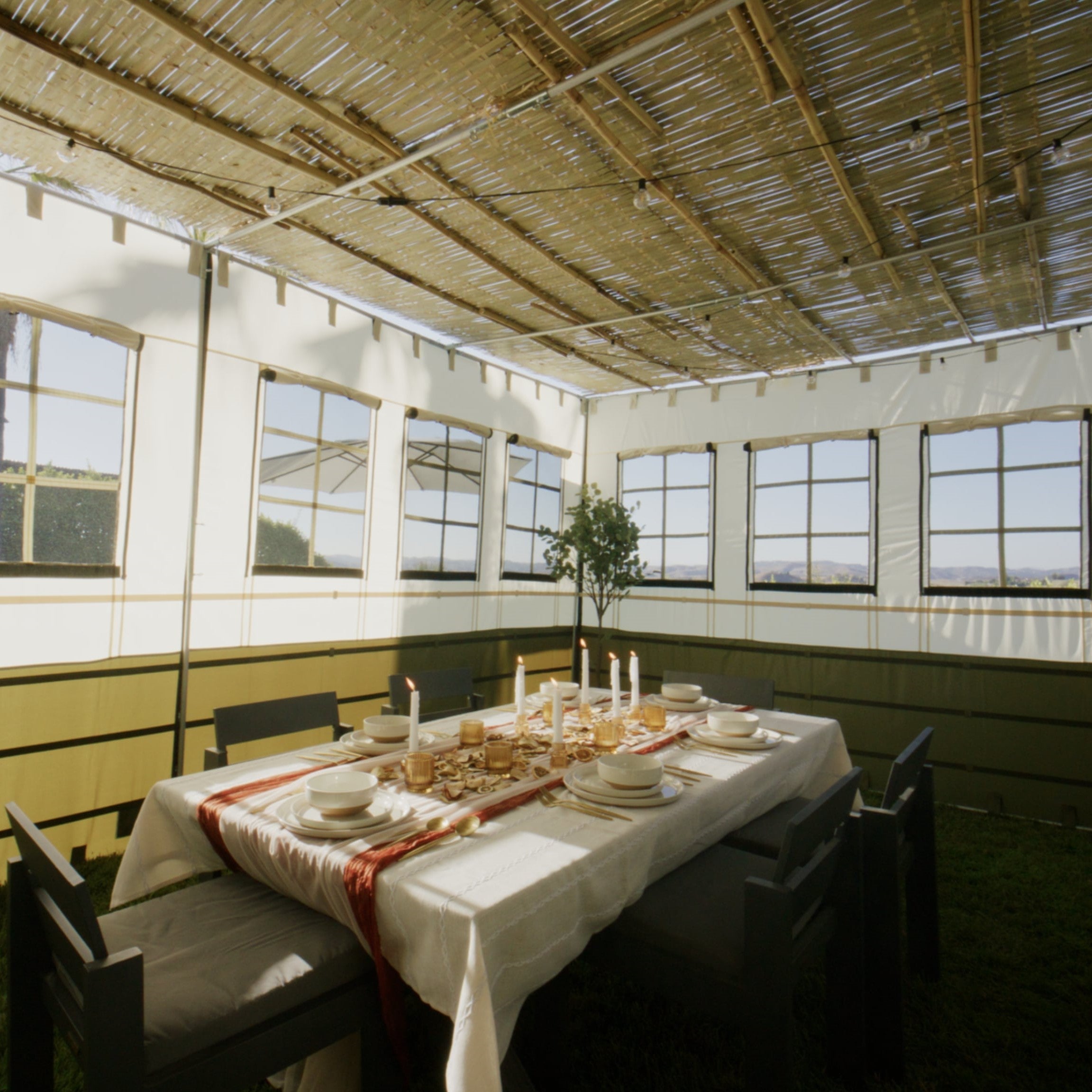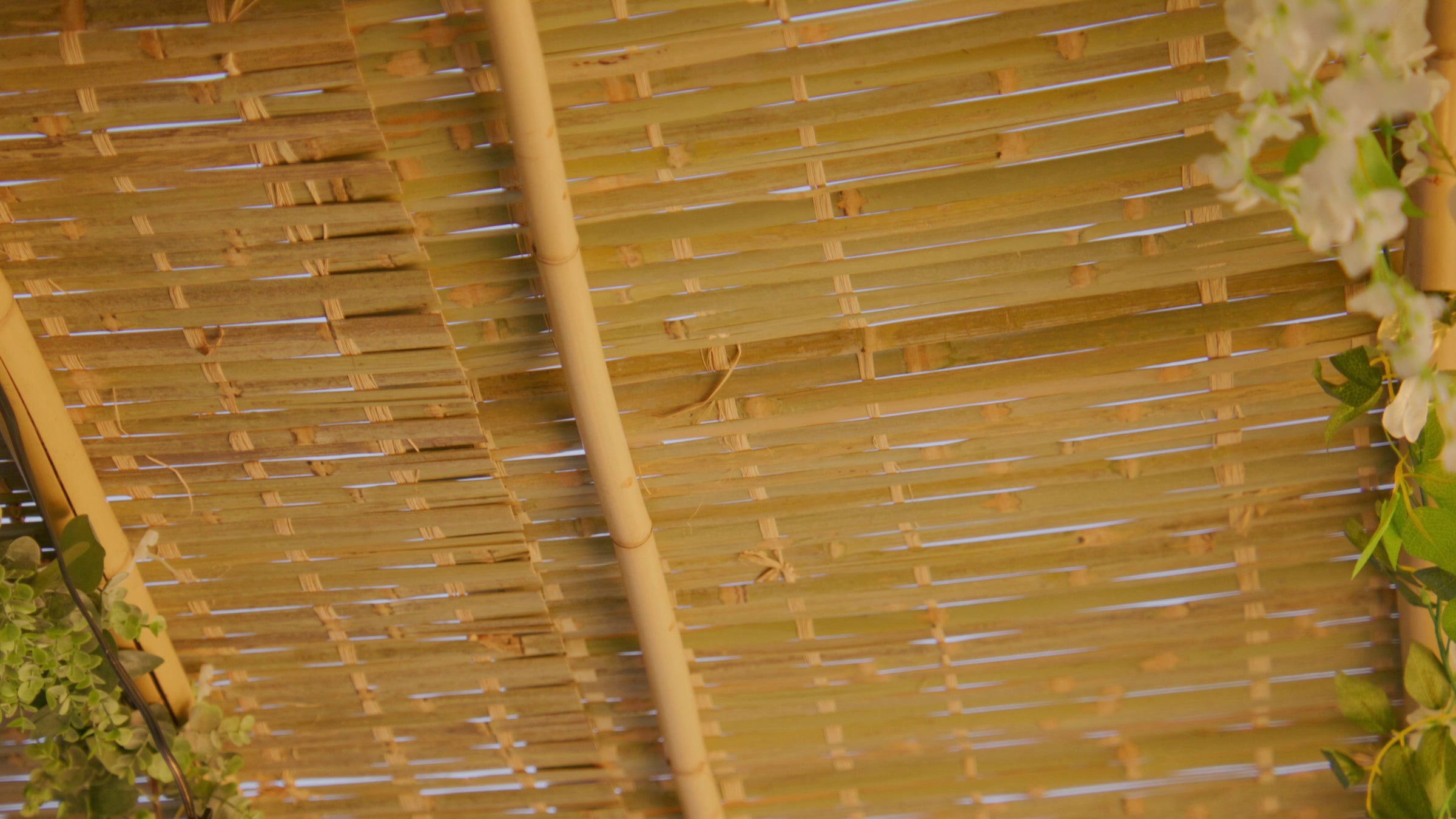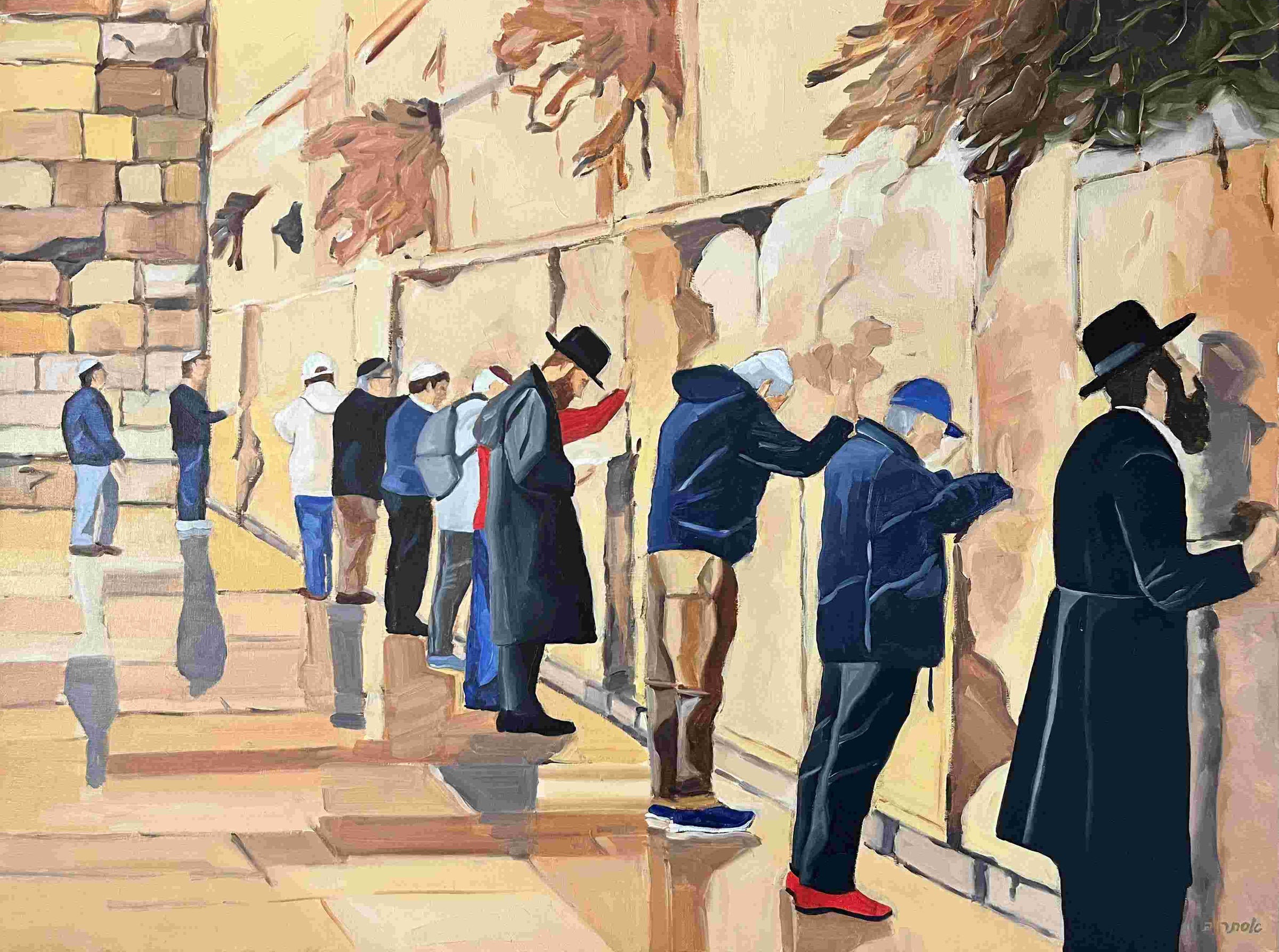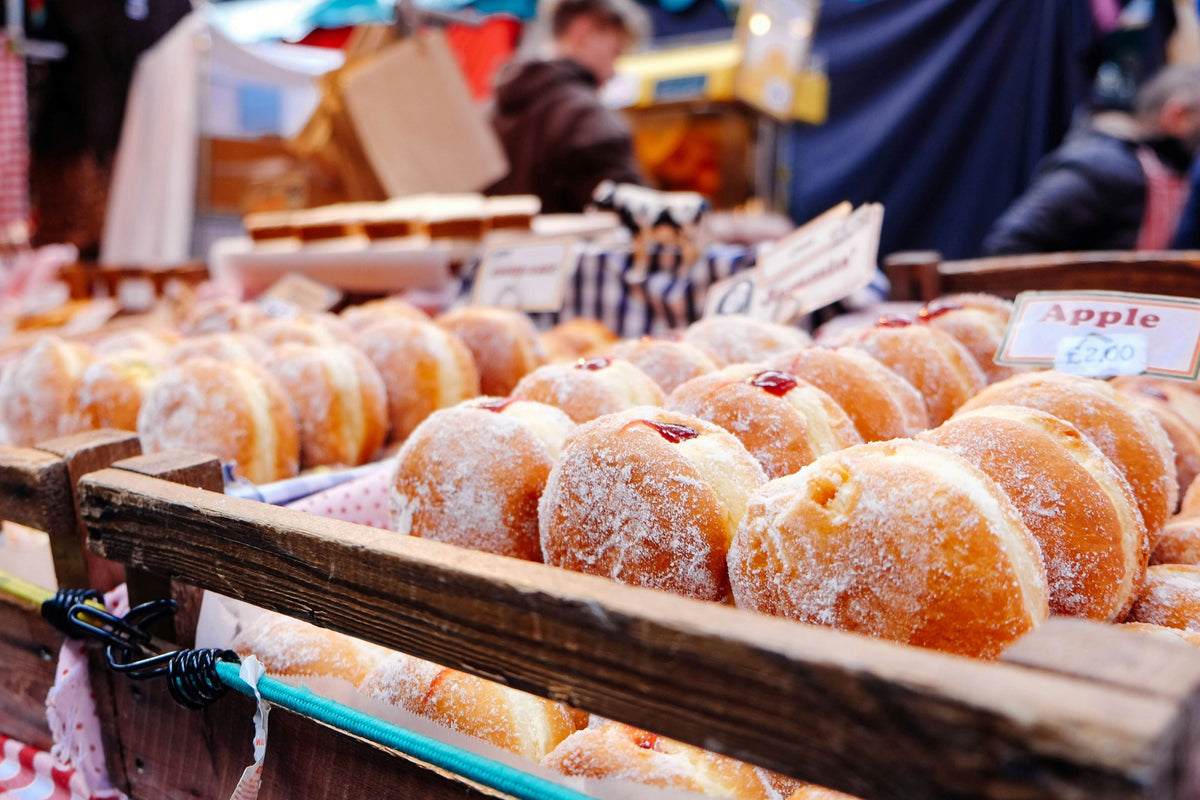

Table of content
Ah, Hanukkah – a time of glowing menorahs, golden latkes, spinning dreidels, and enough olive oil to make even the healthiest among us reconsider their dietary choices. But beyond the fried treats and festive lights, Hanukkah (or Chanukah, or Chanuka, or however your autocorrect prefers) has a rich history, deep traditions, and yes, even some tongue-twisting Hebrew. Let’s dive into this eight-day winter wonderland of Jewish celebration, while still keeping it light (pun fully intended).
When Is Hanukkah?
Mark your calendars: Hanukkah kicks off on the eve of the 25th of Kislev and lasts for eight days. On the Gregorian calendar, that usually means it’s a December affair. In 2024, Hanukkah runs from December 25 to January 2, perfectly timed to bring some extra sparkle to your winter evenings.
What’s the Story Behind Hanukkah?
Picture it: The second century BCE. The Holy Land was under the thumb of the Seleucids, a group of Syrian-Greeks who were less about “live and let live” and more about “assimilate or else.” They banned mitzvah observance and tried to erase Jewish culture.
Enter Judah the Maccabee and his squad of devoted Jews, the Maccabees . Against all odds, they staged a miraculous victory, defeating one of the most powerful armies of the time. They reclaimed the Holy Temple in Jerusalem, scrubbed out the idolatry, and rededicated it to the service of G-d.
But the drama didn’t stop there. When they went to light the Temple’s menorah, they found just one tiny jar of pure olive oil – enough for a single day. Cue miracle: that oil lasted eight days, giving them time to produce more. And thus, Hanukkah was born – a festival of miracles, both military and oily.
How We Celebrate
Lighting the Menorah
At the heart of Hanukkah is the nightly menorah lighting. This isn’t just any candelabra; it’s a nine-branched masterpiece where one candle, the shamash (attendant), lights the others. On night one, you light one candle; by night eight, you’ve got a full blaze going.
Pro tip: On Friday, light the menorah before Shabbat candles, and on Saturday, wait until Shabbat ends.
The menorah should be proudly displayed in a window or doorway, spreading its light to the world. Public menorah lightings have become a global phenomenon, with jumbo menorahs popping up in city squares, malls, and parks everywhere.
Prayers and Songs
Each lighting begins with blessings (often sung) and is followed by traditional songs. For extra Hanukkah spirit, we add the Hallel prayer and V’Al HaNissim to our daily prayers and Grace After Meals.
The Food: Come for the Latkes, Stay for the Sufganiyot
Hanukkah cuisine is a love letter to oil, commemorating the miracle of that long-lasting jar. Eastern European Jews brought us latkes (potato pancakes), best served with applesauce or sour cream. Meanwhile, Israelis upped the ante with sufganiyot – fluffy doughnuts filled with jelly or custard.
Games and Gelt: Hanukkah Fun
How To Play Dreidel
The dreidel – Hanukkah’s very own spinning top and a staple of every Jewish kid’s holiday memories. On the surface, it’s just a little toy. But spin it, and you’re spinning history, tradition, and a bit of good-natured competition.
The dreidel has four sides, each bearing a Hebrew letter: nun , gimel , hei , and shin . Together, they form an acronym for nes gadol hayah sham, meaning “a great miracle happened there.” In Israel, the last letter is often replaced with a pei for po, meaning “here,” because hey, when you live in the land of miracles, you get to personalize your dreidel…and because that’s where the story took place.
Legend has it that during the time of the Seleucid rule, when studying Torah was banned, Jews would gather in secret to study. To disguise their activities, they’d keep dreidels handy. If soldiers came snooping, they’d pretend they were just playing a harmless game. Clever, right? And somehow, this act of defiance turned into a beloved tradition, albeit one that now involves chocolate coins and, occasionally, real money for the brave and ambitious.
The game is simple: you spin the dreidel and see which letter it lands on. Each letter dictates what you do with the pot of goodies (often gelt or other treats):
Nun : “Nothing.” You sit this round out.
Gimel : “All.” Take the whole pot and brace for side-eyes.
Hei : “Half.” Take half the pot (round up, of course – this is a Jewish holiday).
Shin (or Pei in Israel): “Put in.” Add to the pot and hope for better luck next time.
Whether you're playing for nuts, gelt, or bragging rights, dreidel isn’t just a game – it’s a playful way to keep the flame of tradition alive, one spin at a time.
Giving Hanukkah Gelt
Before gift-giving took over, there was gelt – money given to kids to reward good behavior and encourage acts of charity. These days, you’ll also find foil-wrapped chocolate coins making their way into the mix.
What Hanukkah Teaches Us
The lights of the menorah aren’t just pretty; they’re packed with symbolism:
Courage to Stand Up for What’s Right : Judah the Maccabee didn’t back down, and neither should we when it comes to our values.
Increasing Goodness : Just as we add another candle each night, we’re reminded to grow in our mitzvahs and kindness.
A Little Light Dispels Much Darkness : Even a tiny flame can illuminate the darkest night.
Public Pride in Mitzvahs : The menorah’s glow is a declaration of Jewish identity for all to see.
But What Does Hanukkah Actually Mean?
Let’s talk about the elephant in the room: the name. Is it Hanukkah ? Chanukah ? Or that one creative spelling your aunt uses on greeting cards every year (looking at you, “Hannnukah”)?
The holiday is famously hard to spell and pronounce, mostly because it starts with the letter chet , a Hebrew sound that doesn’t translate neatly into English. It’s that throaty, back-of-the-throat “kh” sound – like you're clearing your throat mid-sentence. So, technically, it’s Chanukkah , but since not everyone is eager to hack up their morning coffee trying to pronounce it, Hanukkah works just fine in casual conversation.
The meaning of the word itself is simpler than the pronunciation: it means “dedication.” And that’s because Hanukkah celebrates the rededication of the Holy Temple in Jerusalem after it was reclaimed and purified by the Maccabees. In a sense, the name embodies what the holiday is all about – a renewed commitment to faith, tradition, and a little miraculous light in the darkness.
And over the centuries, the word “Hanukkah” (חנוכה) has inspired many additional layers of interpretation:
Chanu-kah : “They rested on the 25th,” referring to the 25th of Kislev, when the Maccabees could finally stop fighting and reclaim the Temple.
Chein-kah : “They found grace on the 25th,” adding a poetic touch to the historical victory.
An acronym for ח' נ רות ו הלכה כ בית ה לל “Eight candles, and the halachah is like Beit Hillel,” which is a nod to the famous Talmudic debate about how to light the menorah (spoiler: we add a candle each night).
So whether you spell it with one ‘k’ or two, add an extra ‘h’, or just avoid spelling it altogether, you’re joining in on a time-honored celebration of miracles, resilience, and just the right amount of fried food.
Happy Hanukkah! Or is it Hannnukah?
